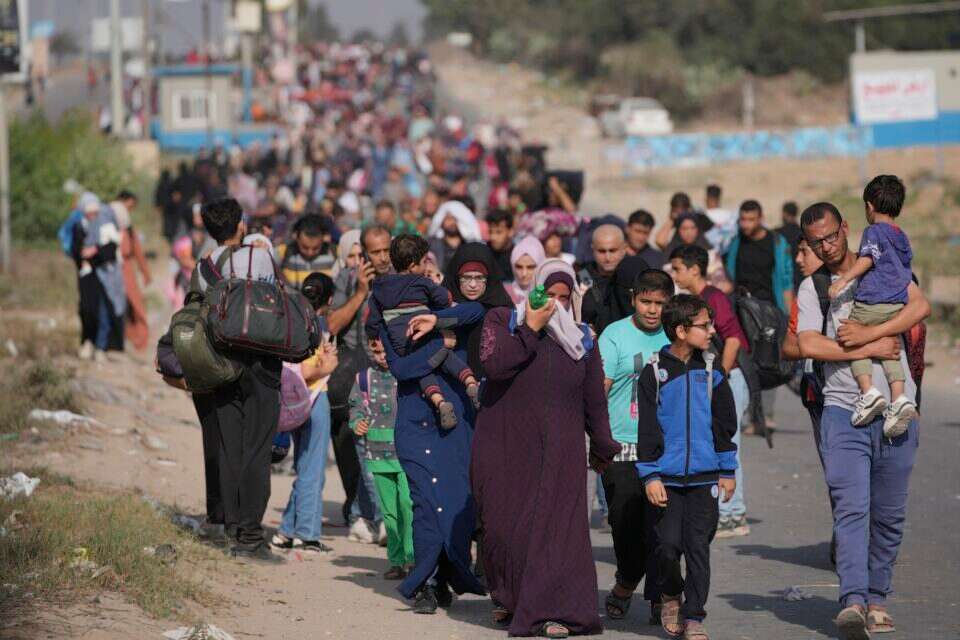The voices voiced by public figures and Israeli leaders regarding the need to expel the residents of Gaza serve the Palestinian narrative. This transfer initiative helps the Palestinians, who in any case maintain that Israel is systematically working to expel the Palestinians from their lands.
The Palestinian narrative, supported by testimonies of people who lived at the time, says that in 1948, during the War of Independence, the residents of some 500 Arab villages throughout the country were expelled.
Senior Israeli officials and security officials do not hide this when they talk about the fact that the residents of Gaza today fled or were expelled in the War of Independence from Arab communities such as Askalan – which is Ashkelon, Majidel – which is a tower, and Fallujah – Kiryat Gat. Therefore, any discourse about the expulsion of Gaza residents and their exile to other countries is in fact reinforcing the narrative in the global discourse.
Those who express their opinion on the issue probably do not know reality or live in a bubble, and refuse to recognize international law and conventions. Every move or decision is broadcast live and publicly documented.
The Palestinian narrative is backed up by studies by Palestinian researchers and testimonies documented in documentaries broadcast on Arab media channels.
One of the arguments that reinforces the Palestinian narrative is the decision to prevent the opening of the IDF, Shin Bet and Mossad archives in order to clarify claims about major events that occurred more than 60 years ago, including evidence of actions that could put the Palestinian narrative on the agenda, especially in Europe and the United States, where support for Israel among citizens is undermining and decreasing by the day.
Among the reasons for the lack of legitimacy of the discourse on the transfer are the gap between the idea and the unclear war goals that the government itself defined in advance, and the length of time that elapsed between the massacre in the envelope and the intensification of this discourse. This causes a lack of trust on the Israeli side.
However, the discourse surrounding the word "Nakba," and the attempt to make the word synonymous with "revenge" or "they deserve it," raises concerns about responses that seek revenge rather than a solution to the problem, which Israeli governments refuse to recognize, and have been managing the conflict instead of solving it for years.
Among the reasons for the lack of legitimacy of the discourse on the transfer are the gap between the idea and the unclear war goals that the government itself defined in advance, and the length of time that elapsed between the massacre in the envelope and the intensification of this discourse. This causes mistrust on the Israeli side
Israel continues to screen the images from 7 October, but the world is constantly watching new material from Gaza. Everyone documents and has a personal archive, and in the future it will be very difficult to ignore the documentation and photographs that will continue to tell the Palestinian narrative.
For example, so far many series have been produced and broadcast in the global Arab media about the exodus from their homes of hundreds of thousands of Palestinians who became refugees, some of whom live in Israel and still hold their home keys and property ownership documents in the Galilee and Jaffa – and are just waiting to return. If Israel wants to safeguard its interests, it would be better to engage in a dialogue about reconciliation rather than expulsion.
Wrong? We'll fix it! If you find a mistake in the article, please share with us

